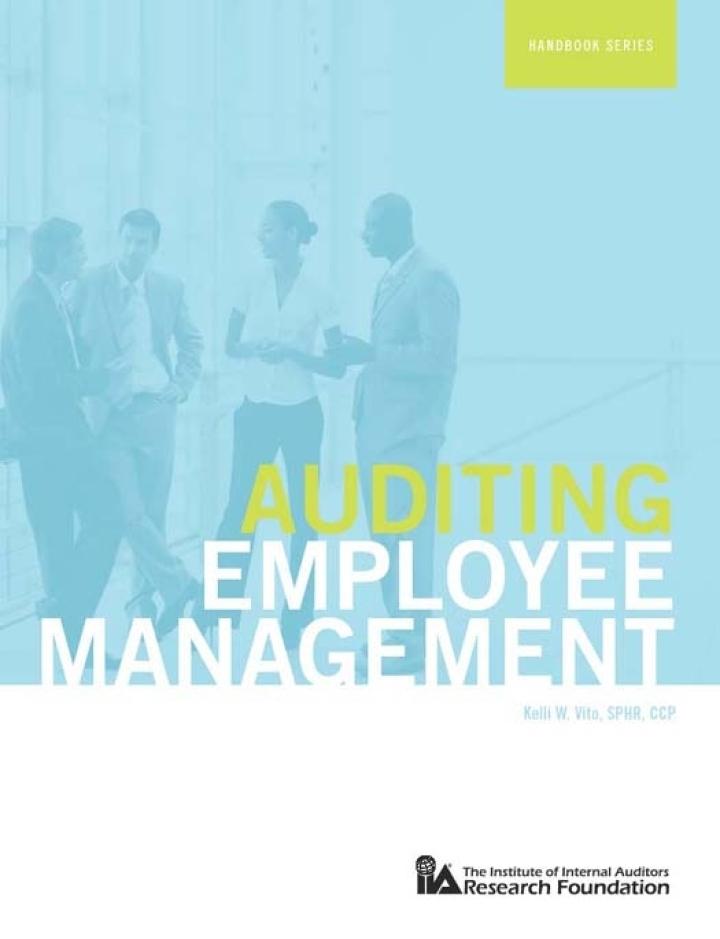Answered step by step
Verified Expert Solution
Question
1 Approved Answer
7 Record interest and penalties if they are not expected to be collected soon after year-end. 1 Record the tax levy on July 1, 2023




 7 Record interest and penalties if they are not expected to be collected soon after year-end. 1 Record the tax levy on July 1, 2023 in the General Fund. 2 Record the collection of current taxes as of April 30. 3 Record the collection of delinquent taxes, interest, and penalties. 4 Record the reversal of deferred inflows. 5 Record the entry to reclassify the uncollected tax amounts and allowances as delinquent. 6 Record the entry to reclassify the net receivable as deferred inflow of resources. On July 1,2023 , the beginning of its fiscal year, Ridgedale County recorded gross property tax levies of $4,100,000. The county estimated that 3 percent of the taxes levied would be uncollectible. As of April 30,2024, the due date for all property taxes, the county had collected $3,805,000 in taxes. During the current fiscal year, the county collected $52,500 in delinquent taxes and $4,700 in interest and penalties on the delinquent taxes. The county imposed penalties and interest in the amount of $14,400 but only expects to collect $12,750 of that amount. At the end of the fiscal year (June 30,2024 ), uncollected taxes, interest, and penalties are reclassified. They are not expected to be collected within the first 60 days for the following fiscal year. Required Record entries for the above transactions as stated in the individual statements below, and post corresponding information into the Revenues ledger as appropriate. a. Prepare journal entries to record the tax levy on July 1, 2023, in the General Fund. (Ignore all entries in the governmental activities journal.) b. Prepare a summary journal entry to record the collection of current taxes as of April 30. c. Prepare a summary journal entry to record the collection of delinquent taxes, interest, and penalties. (You may assume that these amounts had been designated as Deferred Inflows of Resources.) d. Prepare the journal entry necessary to reclassify the uncollected tax amounts as delinquent. Assume these taxes are not expected to be collected within 60 days of year-end. e. Prepare the journal entry necessary to record interest and penalties if they are not expected to be collected soon after year-end. 1 Record the tax levy on July 1, 2023 in the General Fund. 2 Record the collection of current taxes as of April 30. 3 Record the collection of delinquent taxes, interest, and penalties. 4 Record the reversal of deferred inflows. 5 Record the entry to reclassify the uncollected tax amounts and allowances as delinquent. 6 Record the entry to reclassify the net receivable as deferred inflow of resources. 7 Record interest and penalties if they are not expected to be collected soon after year-end
7 Record interest and penalties if they are not expected to be collected soon after year-end. 1 Record the tax levy on July 1, 2023 in the General Fund. 2 Record the collection of current taxes as of April 30. 3 Record the collection of delinquent taxes, interest, and penalties. 4 Record the reversal of deferred inflows. 5 Record the entry to reclassify the uncollected tax amounts and allowances as delinquent. 6 Record the entry to reclassify the net receivable as deferred inflow of resources. On July 1,2023 , the beginning of its fiscal year, Ridgedale County recorded gross property tax levies of $4,100,000. The county estimated that 3 percent of the taxes levied would be uncollectible. As of April 30,2024, the due date for all property taxes, the county had collected $3,805,000 in taxes. During the current fiscal year, the county collected $52,500 in delinquent taxes and $4,700 in interest and penalties on the delinquent taxes. The county imposed penalties and interest in the amount of $14,400 but only expects to collect $12,750 of that amount. At the end of the fiscal year (June 30,2024 ), uncollected taxes, interest, and penalties are reclassified. They are not expected to be collected within the first 60 days for the following fiscal year. Required Record entries for the above transactions as stated in the individual statements below, and post corresponding information into the Revenues ledger as appropriate. a. Prepare journal entries to record the tax levy on July 1, 2023, in the General Fund. (Ignore all entries in the governmental activities journal.) b. Prepare a summary journal entry to record the collection of current taxes as of April 30. c. Prepare a summary journal entry to record the collection of delinquent taxes, interest, and penalties. (You may assume that these amounts had been designated as Deferred Inflows of Resources.) d. Prepare the journal entry necessary to reclassify the uncollected tax amounts as delinquent. Assume these taxes are not expected to be collected within 60 days of year-end. e. Prepare the journal entry necessary to record interest and penalties if they are not expected to be collected soon after year-end. 1 Record the tax levy on July 1, 2023 in the General Fund. 2 Record the collection of current taxes as of April 30. 3 Record the collection of delinquent taxes, interest, and penalties. 4 Record the reversal of deferred inflows. 5 Record the entry to reclassify the uncollected tax amounts and allowances as delinquent. 6 Record the entry to reclassify the net receivable as deferred inflow of resources. 7 Record interest and penalties if they are not expected to be collected soon after year-end Step by Step Solution
There are 3 Steps involved in it
Step: 1

Get Instant Access to Expert-Tailored Solutions
See step-by-step solutions with expert insights and AI powered tools for academic success
Step: 2

Step: 3

Ace Your Homework with AI
Get the answers you need in no time with our AI-driven, step-by-step assistance
Get Started


